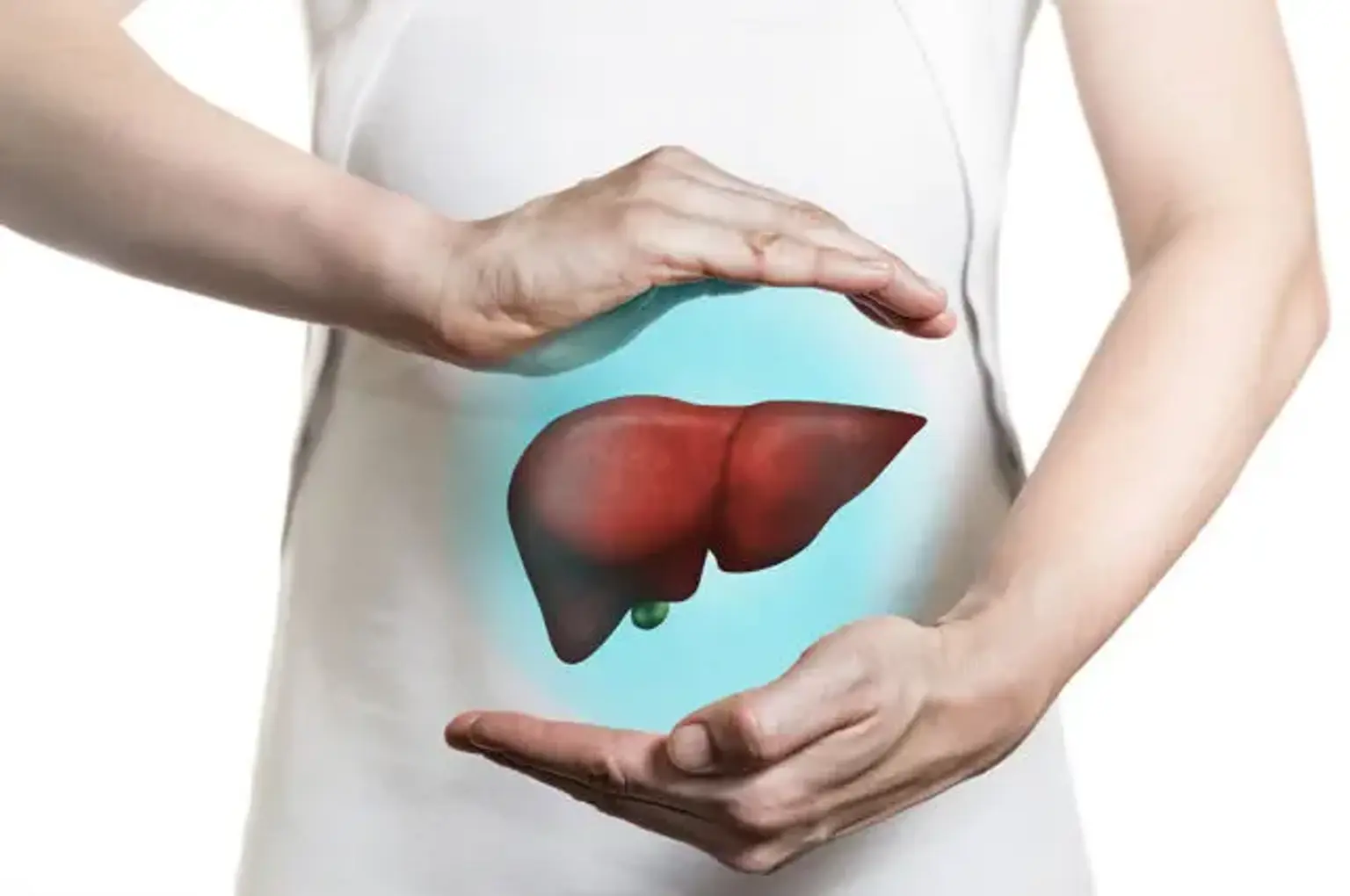ABO-incompatible Liver Transplantation
Despite the huge opportunity for increasing the donor pool through ABO-incompatible liver transplantation, substantial concerns regarding poor outcomes in recipients have been a key impediment to its broad adoption. The use of ABO-incompatible living donors to enlarge the liver donor pool is a possible solution, and numerous innovative procedures for desensitization of ABO incompatibility have shown positive outcomes. The Keio and Kyoto groups pioneered local graft infusion treatment, and the monoclonal antibody (anti-CD20) rituximab was introduced as a second, significant advancement. Since then, the risk of fulminant hepatotoxicity due to antibody-mediated rejection has nearly vanished, and the life expectancies of ABO-incompatible liver transplantation have improved dramatically. ABO-incompatible liver transplantation accounts for 18% of all adult living donor liver transplantation in Korea, with 3-year graft and patient survival rates of 86.5 and 87.6 percent, respectively. As a result, ABO-incompatible living donor liver transplantation is having a significant effect on the donor pool, and recent successes have allowed us to push a worldwide ABO-incompatible liver transplantation project. However, diffuse intrahepatic biliary stricture, a reduced type of antibody-mediated rejection, remains a source of worry. In the end, we'll need to figure out what the risk factors are and how to avoid them.
What is ABO-incompatible Liver Transplantation?
The number of liver transplants done each year has steadily increased, owing primarily to the great growth in the number of living donor liver transplants. Despite the recent significant rise in deceased donor numbers, however, liver transplantation is unable to keep up with the growing length of the waitlist. As a result, increasing the number of liver donors has always been a serious challenge. In the world, the possibility for growing the deceased donor pool appears to be modest, while growing the living donor pool is often hampered by insurmountable moral and donor safety difficulties. As a result, using ABO-incompatible donors is an appealing option for the organ shortage because it does not increase donor risk while yet having the potential to be very beneficial. However, due to early failures, the broad use of ABO-incompatible liver transplantation has been hampered by big worries about recipient prognosis. Since the advent of the monoclonal antibody (anti-CD20) rituximab, ABO-incompatible organ transplantation has experienced a significant paradigm change. Because of numerous innovative desensitization techniques, survival outcomes have been comparable to those of ABO-compatible transplantation.
